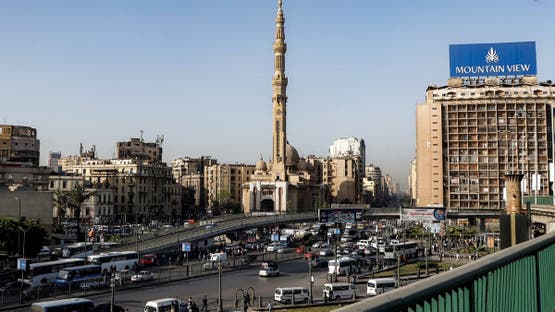With the cost of self-generated power in the industry skyrocketing to N144.5 billion in 2022, up 87.13 percent from N77.22 billion in 2021, the near collapse of the public energy supply system has made doing business in Nigeria’s manufacturing sector more difficult.
According to Vanguard, findings suggest that the problem might have gotten worse this year as a result of Nigeria’s energy production last weekend, which fell by 37% to 2,649.9 megawatts from the average of 4,000 MW recorded last year.
Data from the Manufacturers Association of Nigeria, the country’s umbrella organization for manufacturers, shows that insufficient electricity supply continues to be a major problem for the manufacturing sector, leading to significant investments by businesses in self-energy generation.
According to a disaggregated study of the data collected from MAN, the manufacturers spent N67.8 billion in the first half of 2022 and N76.7 billion in the second half, for a total of N144.5 billion for the entire year, on their own power generation.
The expenditure on alternative energy sources in the industry increased steadily from N32.18 billion in H1’2021 to N45.04 billion in H2’21, N67.8 billion in H1’22, and N76.7 billion in H2’22, according to further analysis.
The change has driven up production costs in the nation’s industrial sector, making domestic goods even less competitive with imports.
According to a survey by MAN, the national grid’s ability to supply industries with energy has decreased to 11 hours per day in H2’22 from 12 hours recorded in the preceding half year.
The study of the data collected from MAN reveals that the manufacturers spent N67.8 billion in the first half of 2022 and N76.7 billion in the second half, for a total of N144.5 billion for the entire year, on their own power generation.
Manufacturers claimed that a 9.7 percent fall in industrial output observed in the industry in 2022 was partially caused by the high cost of energy, notably diesel, and gas
The amount produced in the year was N6.67 trillion, down from N7.39 trillion in 2021.
The director general of MAN, Segun Ajayi-Kadir, provided additional context for the issue when he said: “Over the years, access to affordable and reliable energy supply for operational activities of the manufacturing sector in Nigeria has been a big concern, forcing manufacturers to adopt alternative energy sources, including petrol and diesel, with a costly impact on the sector’s operations.
The manufacturers have suggested a few changes to the sector’s electrical supply in order to lessen the pressure on it to find alternate sources of energy in order to stay in business.
Ajayi-Kadir suggested the following, among other things: “Carry out additional investment in the power value chain and commit to adding 10,000 MW to the current electricity delivered in the country.
“Embrace and encourage massive renewable energy development since the country has enormous potential for solar and wind energy; To manufacture fuels locally, revive the current national refineries and encourage further investment in gas aggregation to stop gas flaring.”











